Four Day Work Week
The four-day work week represents a significant shift in traditional work paradigms, challenging long-held assumptions about productivity and work-life balance.
Early adopters of this model typically maintain employee salaries while reducing work hours, often to 32 hours per week, based on the premise that focused work in shorter periods can yield equal or greater productivity than the traditional 40-hour week. Research from companies that have implemented this approach shows promising results, including improved employee wellbeing, reduced burnout, and maintained or increased productivity levels, suggesting that fewer work hours don't necessarily mean less gets accomplished.
